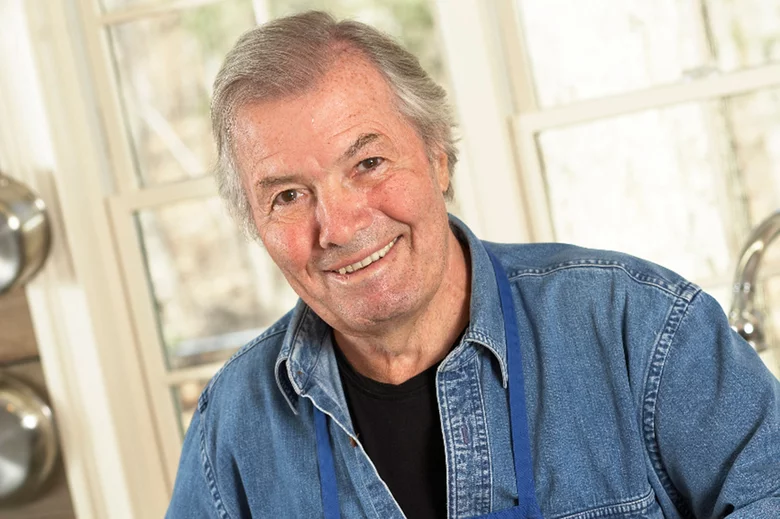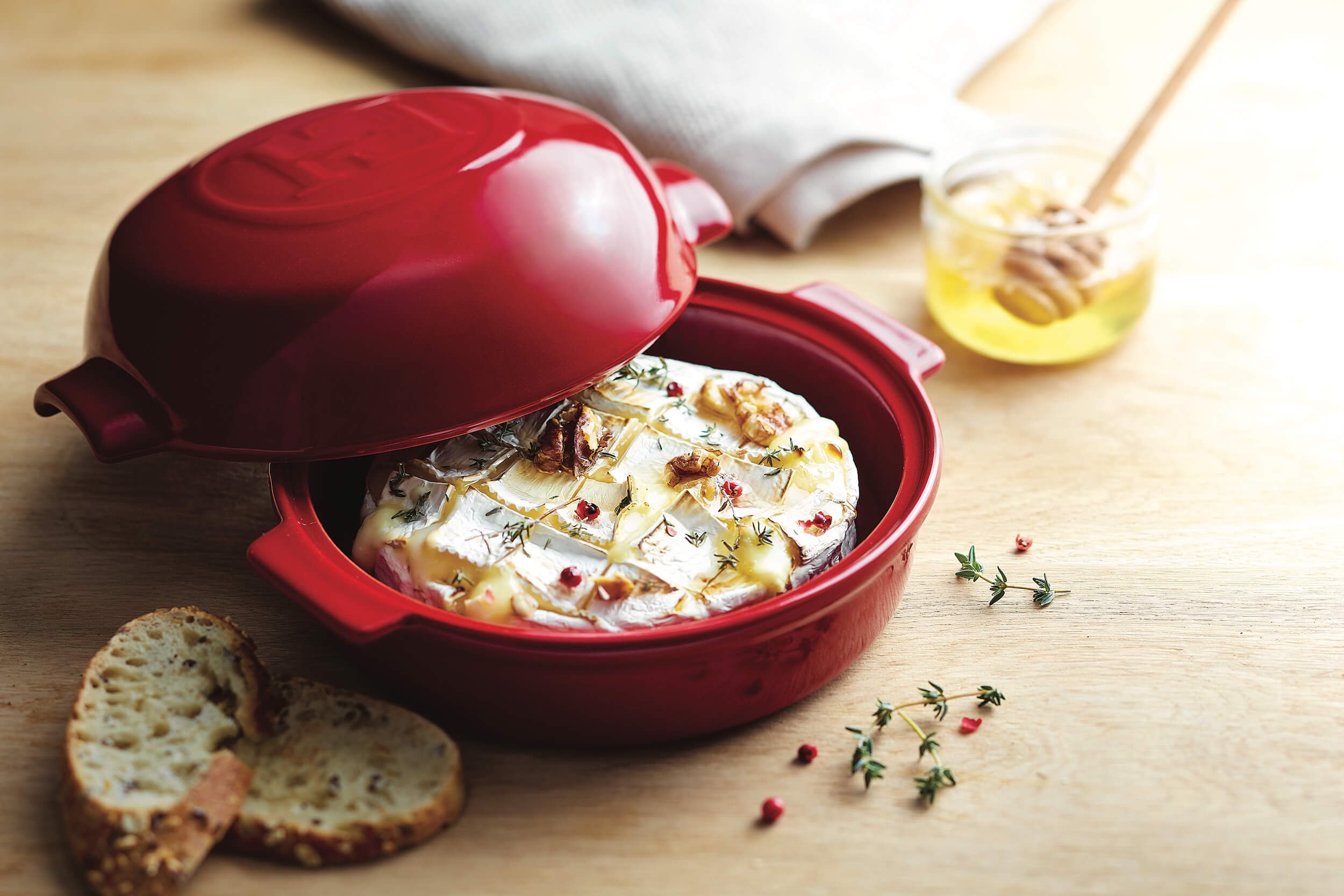For a culinary enthusiast, it doesn't get much better than hearing the two leading American food scientists, teachers and writers talk about what they are working on including sharing a bit about the "molecular gastronomy" movement (though McGee says it is really should be called experimental cooking).
The discussion started off with McGee recounting how he first met Corriher. Shirley called him up upon the publication of the first edition of his landmark book, On Food and Cooking and said " You don't know me, but I and many other ladies in Atlanta are going to bed with you every night!"
Corriher is on the 8th year into working on the follow up to CookWise, called BakeWise. She told us she has completed pies and is still working on cakes. You can't help but smile when Corriher explains food chemistry in her inimitable way. Impossible to describe, if you want to see her in action, you may catch her on some repeats of Alton Brown's Good Eats on the Food Network or better yet you can purchase her DVD Shirley Corriher's Kitchen Secrets Revealed! It is available at Sur la Table.
Even a food scientist can be challenged by a cake and Corriher recounted her trials and tribulations in developing a pound cake recipe. Pound cake is traditionally made from only flour, butter, sugar and eggs but a few additional ingredients are needed to keep it from being dry, Corriher explained. Her delicious cake was "sad looking" and she was relieved when she learned that by turning it upside down, much like a frown, I guess, "a sad cake is a happy cake".
While Corriher was in the kitchen, McGee was traveling in Europe with Heston Blumenthal of The Fat Duck. He talked about his meal at the famed restaurant, El Bulli. He was served 50 courses. Yup, 50. Of those he said about 6 were truly satisfying the rest were interesting, curious or simply provoked the question "why?" He told us about edible papers and foams and dishes (if you can call them that) made from edible industrial starches. While this is a period in which chefs seem willing to break with tradition, McGee belives 90% of what's being tried will soon be forgotten.
So which technologies hold the most promise? According to McGee, cooking sous-vide. This is basically boil-in-a-bag cooking. Food is hermetically sealed in plastic and cooked in a water bath so temperatures and timing can be better controlled. This style of cooking is being used by many chefs, including Thomas Keller at the French Laundry, to cook seafood.
Questions from the audience ranged from whether or not to salt dried beans, how to best create a crust on creme brulee and how to make Corriher's fudge tunnel cake without nuts. We also learned about the science of cooking green beans, suffice it to say, the secret to perfect green beans is heavily salting the cooking water.
The takeaway was a handout--Corriher's compendium of food problems. This 19 page handout covers what to do when meat is tough, a hollandaise starts to break, how to make risotto creamy, how to prevent gluey potatoes, how to get muffins to "peak", how to prevent discolloration in vegetable, etc. It's a treasure trove of information, just like McGee and Corriher.
Note: Many thanks to a reader who posted a comment about their appearance at Sur la Table yesterday!





